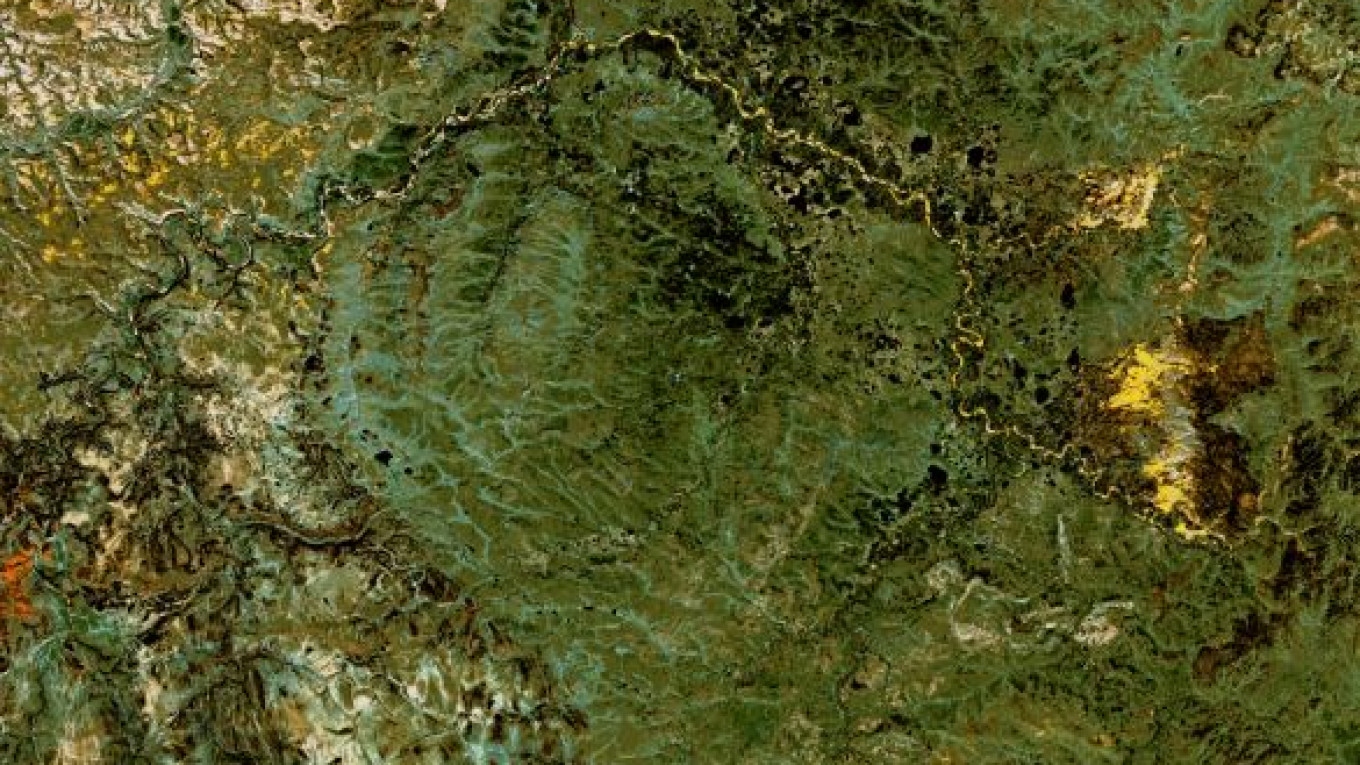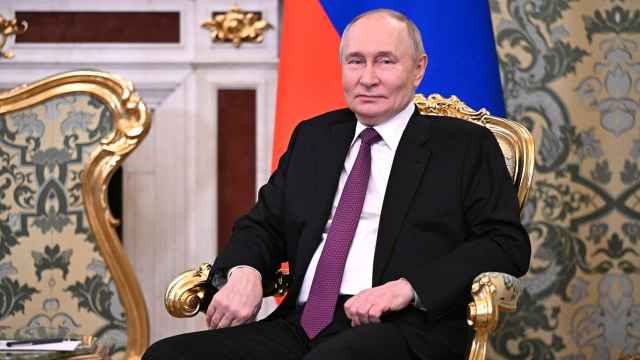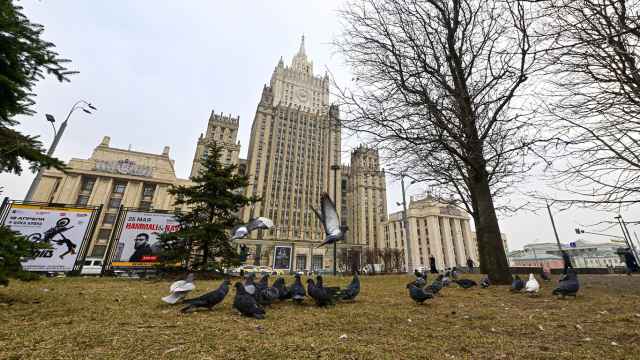Scientists are claiming that a gigantic deposit of industrial diamonds found in a huge Siberian meteorite crater during Soviet times could revolutionize the industry.
The Siberian branch of the Russian Academy of Sciences said that the Popigai crater in eastern Siberia contains "many trillions of carats" of so-called "impact diamonds" — good for technological purposes, not for jewelry, and far exceeding the currently known global deposits of conventional diamonds.
Nikolai Pokhilenko, the head of the Geological and Mineralogical Institute in Novosibirsk, told RIA-Novosti on Monday that the diamonds include other molecular forms of carbon. He said they could be twice as hard as conventional diamonds and therefore have superlative industrial qualities.
He also said the minerals could lead to a "revolution" in various industries.
"But they can't upset a diamond market because it is shaped by diamonds for jewelry purposes."
The deposit was discovered by Soviet scientists in the 1970s, but was left unexplored, as the Soviet leadership opted to produce synthetic diamonds for industrial use. The deposit remained classified until after the Soviet collapse.
Pokhilenko said that the diamonds owe their unparalleled hardness to enormous pressure and high temperatures at the moment of explosion when a giant meteorite hit 35 million years ago, leaving a 100-kilometer crater.
The Siberian branch of the Russian Academy of Sciences said in a statement that scientists discussed the issue at a round table in Novosibirsk over the weekend, saying that further studies will be needed to assess economic aspects of their potential exploration.
Pokhilenko said his institute is planning to send an expedition to the crater in cooperation with state-controlled diamond mining company Alrosa.
Related articles:
A Message from The Moscow Times:
Dear readers,
We are facing unprecedented challenges. Russia's Prosecutor General's Office has designated The Moscow Times as an "undesirable" organization, criminalizing our work and putting our staff at risk of prosecution. This follows our earlier unjust labeling as a "foreign agent."
These actions are direct attempts to silence independent journalism in Russia. The authorities claim our work "discredits the decisions of the Russian leadership." We see things differently: we strive to provide accurate, unbiased reporting on Russia.
We, the journalists of The Moscow Times, refuse to be silenced. But to continue our work, we need your help.
Your support, no matter how small, makes a world of difference. If you can, please support us monthly starting from just $2. It's quick to set up, and every contribution makes a significant impact.
By supporting The Moscow Times, you're defending open, independent journalism in the face of repression. Thank you for standing with us.
Remind me later.






